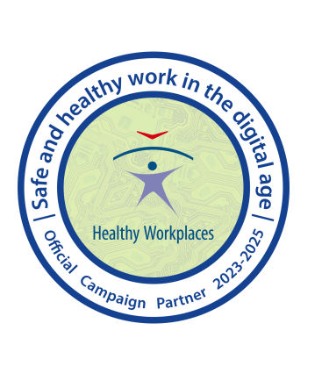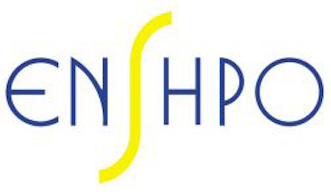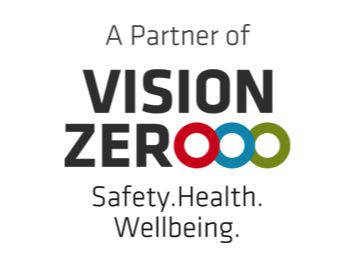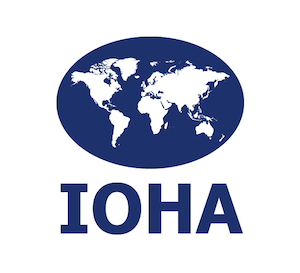Taskforce 1
The Good Healthy Schools Initiative (GHSI) – connecting experts, sharing insights, shaping the future of education
The GHSI is a three-year international project to identify national and international partners who share a passion for creating healthy, thriving school environments for better educational results. The approach is simple, yet powerful and innovative: by integrating health interventions into schools’ organizational and educational frameworks, stakeholders can improve overall educational outcomes and school quality.
What is the Good Healthy Schools Initiative (GHSI) and how does it differ to incumbent health promoting concepts?
The GHSI goes far beyond the conventional understanding of health education and health-promoting schools. Central to the GHSI is that health is both an input and throughput factor driving better scholastic outcomes, rather than an output of the curriculum or teaching methodologies 1.
The core elements that distinguish the GHSI from the traditional health-promoting school are:
1. The balanced integration of health into education
While the health-promoting school considers health as an important aspect of school life, the GHSI places additional emphasis on how health and education are interconnected for students, teachers, and all school staff in frames of school-quality development. It underscores the importance of holistic education that considers the school related health and well-being offerings to all members of the school community as the foundation for successful learning and teaching.
2. Healthy schools, without compromising scholastic achievement
The GHSI places special emphasis on health interventions as drivers of quality of education, measures to promote conditions of health and well-being are therefore closely linked with pedagogical approaches and educational goals. For the GHSI, it is imperative that the respective educational authorities purposefully utilize health interventions in schools to improve educational outcomes. They do this when they seamlessly integrate the latest applied health science into the core of their didactic guidelines.
3. Educational outcomes for all, not just for some
Another distinguishing element of the GHSI is its focus on promoting healthy opportunities for all members of the school community. The GHSI advocates for equal health opportunities across the entire spectrum of school community members: students, teachers, staff, administrators, and even related bodies such as parent-teacher organizations. The GHSI stipulates that opportunities must be available to all school community members, regardless of their social background or individual circumstances to promote educational outputs/outcomes with health.
4. Supercharged collaboration, beyond boundary of the school
The GHSI emphasizes the necessity of wider and more transparent collaboration among all stakeholders: ministries of education and health, administrators, teachers and teacher associations, health authorities, municipalities, parent representatives, external experts in pedagogy as well as in health. Together, stakeholders working in collaboration can affect more meaningful and longer lasting scholastic outcomes through health interventions.
What is the ultimate aim?
The GHSI sees health as both a driver and a resource for education in schools. The vision is to develop schools where health is woven into every aspect of their school quality framework to create a good school that supports their educational quality. Through mental, emotional, physical and social health interventions schools will be places of learning, teaching and working for students, teachers, and staff. This approach will lead educational excellence by:
• disseminating the Good Healthy Schools Initiative while enriching the approach with practical examples;
• identifying and connecting collaborators with opportunities to improve outcomes;
• developing and refining qualitative definitions of success;
• exploring, documenting, and promoting best practices from around the globe.
We are actively seeking collaborators from all stakeholder groups across the wider school community to share best practices in creating healthy school environments. So please don’t hesitate to send your ideas and examples to Maren Jennings via jennings@leuphana-gmbh.de and join our growing network of experts!
Leuphana GmbH Lüneburg, Department of Education and Health, Professor Peter Paulus and Maren Jennings.
If you are interested or need further information please contact us:
Leuphana GmbH Lüneburg, Department for Health and Education, Professor Peter Paulus and Maren Jennings.
The GSHI project now has launched a website: www.goodhealthyschools.com
Core members of this working group are: Christian Lang, Statutory Accident Insurance Institution for the public sector in North-Rhine Westphalia (UK NRW), Germany and Prof Dr Peter Paulus / Maren Jennings, Centre for Applied Health Sciences at Leuphana University Lüneburg/ Leuphana GmbH, Germany.
_________________
1 Chapter 12: School heads as change agents: Salutogenetic management for better schools, Paulus 2010 and Paulus & Hundeloh, in Bollmann and Boustras 2020
_________________
Please find the following documents on the work of the Tasforce here (in PDF format):







